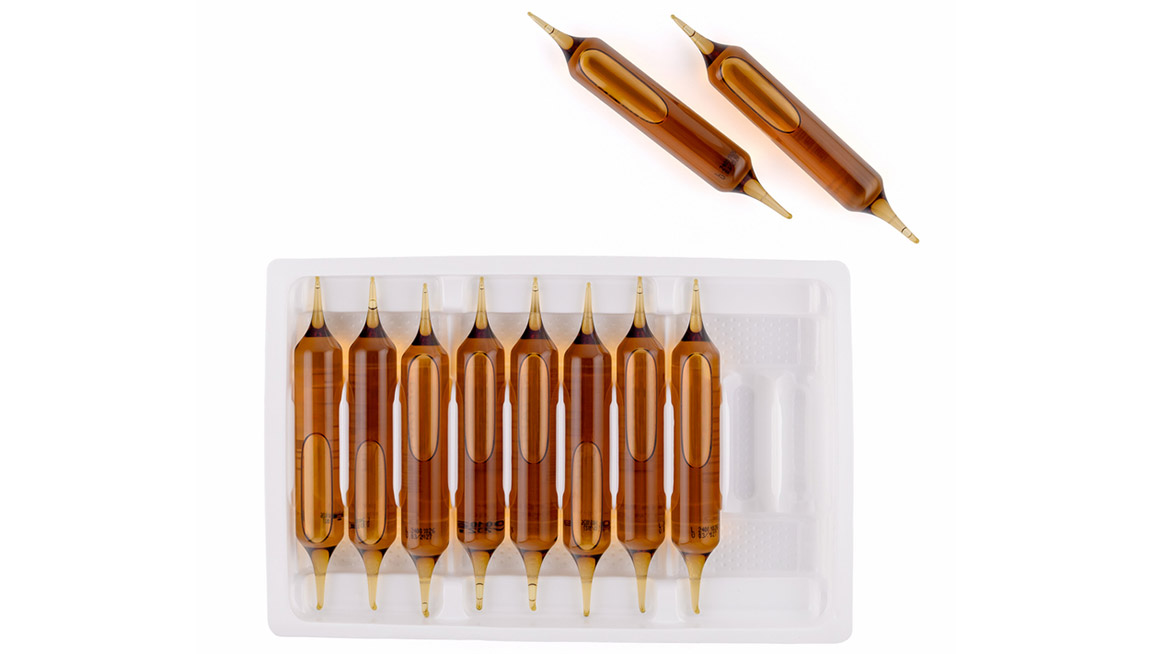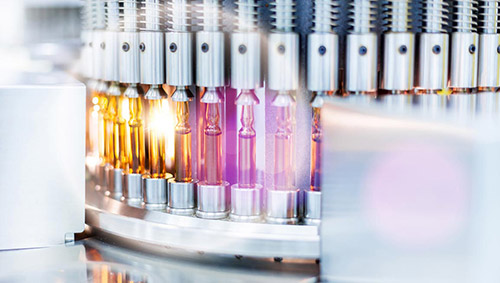Pharmaceutical audits play a key role in the pharmaceutical and nutraceutical industries. They ensure compliance with quality standards, regulatory requirements, and manufacturing processes at every stage of pharmaceutical production.
In this article, we detail what a pharmaceutical audit is, why it is necessary, and its procedures to ensure pharmaceutical regulatory compliance and product safety, particularly the quality of pharmaceutical packaging.
1. What is a pharmaceutical audit?
a. Definition of a pharmaceutical audit
A pharmaceutical audit is a systematic evaluation of the processes, systems, and infrastructure involved in the manufacturing, monitoring, and distribution of pharmaceutical products.
It ensures that all activities comply with regulatory requirements and international quality standards, such as Good Manufacturing Practices (GMP) and ISO standards (ISO 9001, ISO 15378…), implemented in the pharmaceutical industry.
 https://www.sfamgroup.com/wp-content/uploads/2025/04/drug-manufacturing-challenge-pharmaceutical-cdmo.jpg
654
1154
SFAM
https://www.sfamgroup.com/wp-content/uploads/2024/06/logo-sfam.svg
SFAM2025-04-10 09:00:542025-04-10 08:52:05Pharmaceutical CDMOs: key advantages and challenges of pharmaceutical outsourcing
https://www.sfamgroup.com/wp-content/uploads/2025/04/drug-manufacturing-challenge-pharmaceutical-cdmo.jpg
654
1154
SFAM
https://www.sfamgroup.com/wp-content/uploads/2024/06/logo-sfam.svg
SFAM2025-04-10 09:00:542025-04-10 08:52:05Pharmaceutical CDMOs: key advantages and challenges of pharmaceutical outsourcing



